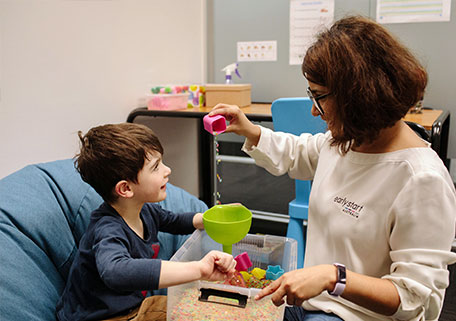Empower your child’s success: everything parents need to know about ADHD assessments.
ADHD is a neurodevelopmental disorder that affects millions of people – adults and children – worldwide.
It usually develops early, presenting in children displaying a range of symptoms from difficulty paying attention to impulsive or hyperactive behaviours, or difficulty regulating their emotions.
ADHD is categorised by the widely-used classification systems, DSM-V-TR and the ICD-10, as one of three subtypes:
- Inattentive
- Hyperactive/Impulsive
- Combined
ADHD symptoms may include any or all of the following:
- Inattention – difficulty keeping attention, easily distracted, often forgetful.
- Impulsivity – interrupting others, acting without thinking.
- Hyperactivity – restlessness, being overly active, often fidgeting.
ADHD can impact daily activities, education, and work.
If left unmanaged, ADHD can become quite a large barrier in a person’s life.
People with ADHD may experience further issues, like poor impulse control, anxiety disorder, heightened sensitivity to their emotions, and more.
Continuously being corrected and reprimanded for behaviour they struggle with often leads to low self esteem and may lead to oppositional behaviour.
With a thorough ADHD assessment, we can create a treatment plan tailored to each person.
We look at managing specific challenging behaviours and creating coping skills for the individual and supportive skills for their family members.
Treatment options include a range of early intervention therapies including:
- Mindfulness Based Therapy (MBT)
- Cognitive Behaviour Therapies (CBT)
- ADHD skill coaching
Alongside the support of family members, children and adults with ADHD can thrive.











